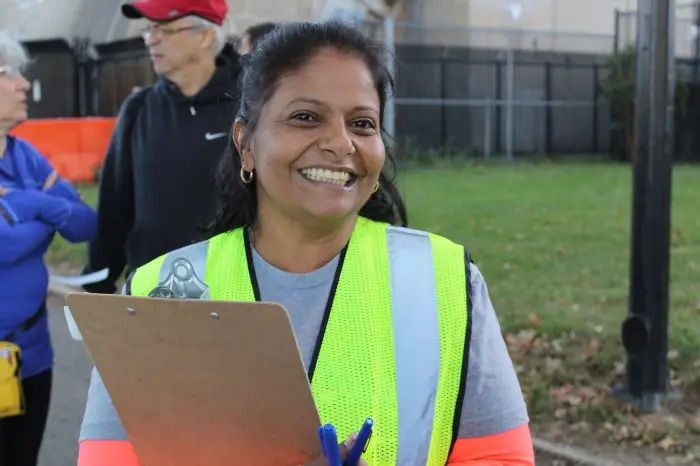For many people, an important part of their estate planning includes leaving money to a favorite charity. While you don’t have to be wealthy to include charitable giving in your plan, you do need to be sure you make your gift in a way that maximizes
“The very best place to find money to leave to charity is in a qualified plan or IRA,” said Lawrence Wiener, director of the National Association of Estate Planners and Councils. One reason IRAs and qualified funds are such a good choice is because the money in these funds is subject to estate taxes; however, when it is donated to a charity, it can be donated tax-free.
If you leave money to a charity in your will, that money will be taxed, which means, in effect, the charity will be receiving less money. It is also important to note that money that is donated through a will needs to go through probate, which involves a time delay as well as a cost to the estate. The average probate can go on for months before the beneficiaries get anything and lawyer’s fees and other court costs will be taken out of your assets.
Donating money via an IRA or qualified plan means there is no delay in the charity receiving the funds you have earmarked; and since no court processes are involved, there is no cost to administer the gift.
When making your gift, remember that the Retirement Equity Act of 1984 requires that the spouse receive at least 50 percent of the value of an IRA. If you plan to donate more than 50 percent of your IRA to charity, your spouse will have to sign a waiver agreeing to that distribution.
Also, when the beneficiary of an IRA or qualified plan is a charity, you will want to include a statement in your will to the effect that if there are not sufficient funds in the IRA or qualified plan to carry out your donation wishes that your executor can step in and supplement or make up the difference from the estate.
Leaving money to charity is not difficult, but you need to ensure that your wishes are carried out by setting up the donation in the most efficient way possible. It may all sound overwhelming at first, but there are many professionals trained and qualified to help you make your estate planning effective.
Check with your state or local bar association for a local Certified Estate Planning attorney, or try the state CPA association. The National Association of Estate Planners and Councils offers a list of members who have earned the special designation Accredited Estate Planner.
For more information on the NAEPC, or to find an accredited estate planner near you, visit www.naepc.org or call NAEPC toll free at 866-226-2224 for suggestions.
— Courtesy of ARA Content































